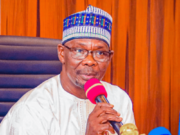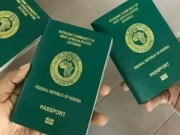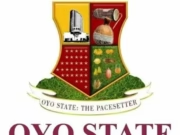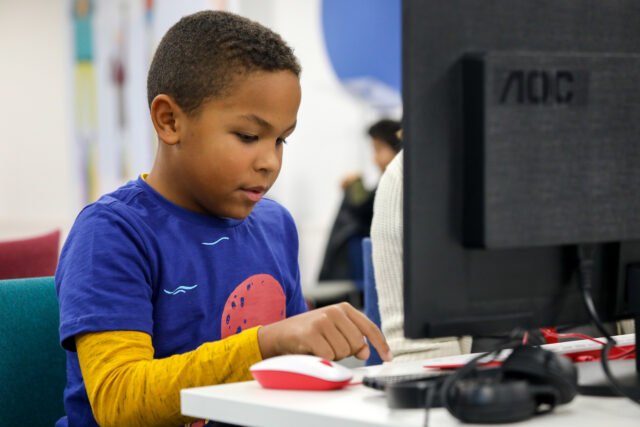In today’s digital age, coding for kids is no longer a luxury or niche skill—it is becoming a fundamental literacy. Across Nigeria and Africa at large, a quiet revolution is underway. Children as young as five are learning to create apps, program robots, and solve real‑world problems with code. This movement is more than just education—it is empowerment. In this article, we explore how coding education for kids is preparing Africa’s next generation of tech leaders: what’s driving the change, who’s leading this charge, and why it matters.
Table of Contents
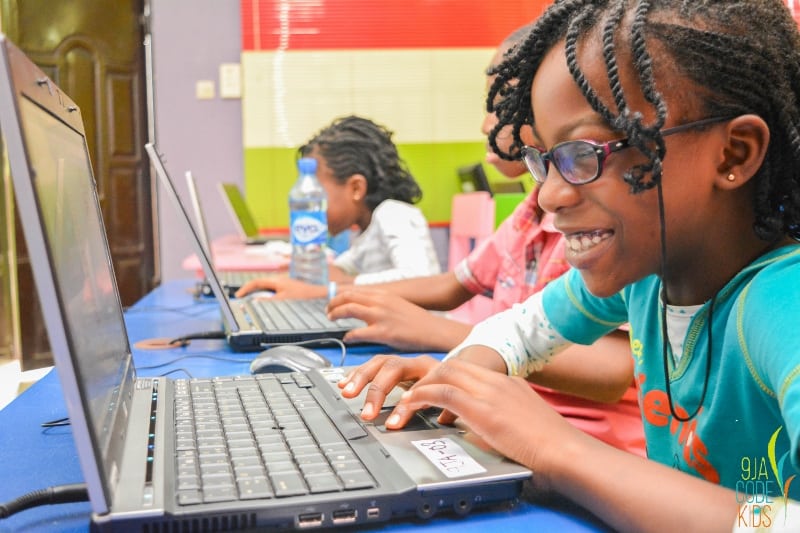
Why Early Coding Matters
Coding shapes critical thinking, creativity, and problem‑solving skills in ways that traditional classroom lessons often cannot. Research affirms that early exposure equips children in Nigeria to thrive in a rapidly changing world. They develop adaptability, resilience, and digital fluency—skills employers increasingly seek across industries.
When Nigerian kids build apps to teach basic math, translate environmental messages through websites, or create digital games, they begin to see themselves not just as consumers of technology but as creators. This shift fuels entrepreneurial drive—some young coders go on to pitch startups or mentor peers, planting seeds of innovation very early.
Bridging the digital divide is another critical outcome. By bringing Coding for Kids into underserved communities, we empower children from all backgrounds to participate meaningfully in the digital economy. This can uplift families, open economic opportunities, and support broader socio‑economic transformation.
Grassroots Efforts and EdTech Interventions
Borderless Tek’s Kids Coding Partnership, headed by Wale Atekoja, is a standout example. Focused on underprivileged secondary school students in Lagos communities such as Ikorodu and Yaba, this initiative offers a three‑month, hands‑on syllabus completely free of charge. From basic coding to animation and mobile apps, students who had never touched a laptop are now developing practical tech skills and earning internationally recognised digital certificates.
Hsprojects Technologies, in collaboration with the Kids Technology Empowerment Foundation, runs programmes for children aged 5 to 14. Participants learn Scratch coding, AI, and machine learning while tackling real‑world challenges—like building a lung‑cancer detector, a gesture‑controlled game, or a school bribery detection app. These projects demonstrate that early mentorship and access can unlock extraordinary creativity and impact.
Alpha Blue Foundation’s Kids Code Club Africa, now in its sixth cohort, welcomes children aged 9–17 to summer Coding for Kids boot camps. With both physical and virtual attendance options and a curriculum spanning web development, robotics, animation, game programming, UI/UX and blockchain, the programme nurtures creativity and collaboration. It includes membership benefits like access to conferences, mentorship, and hubs across Nigeria and Africa.
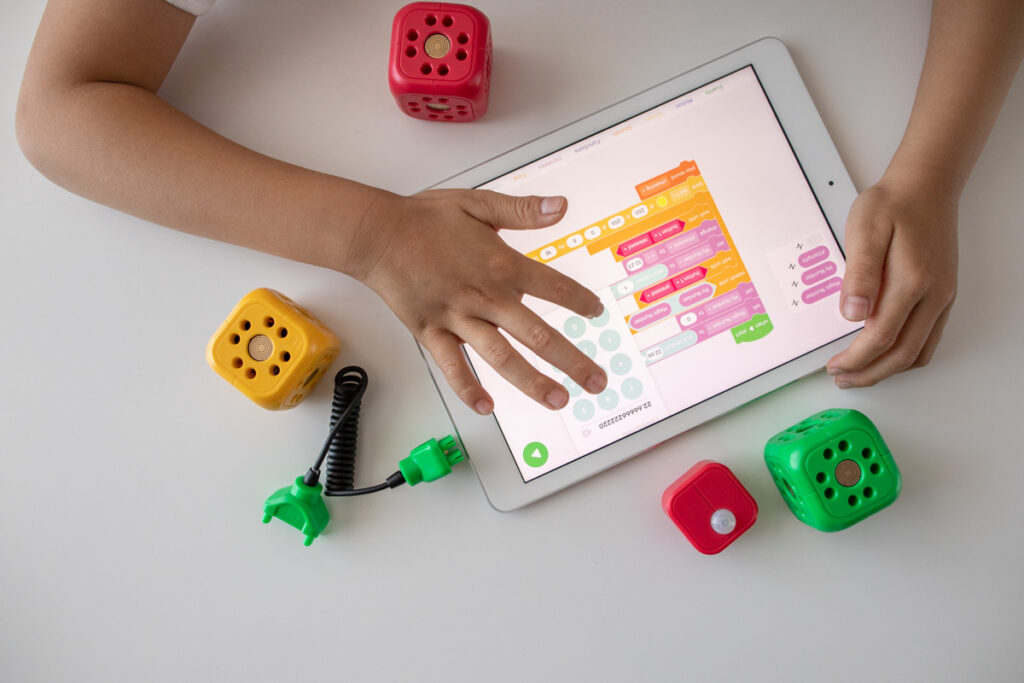
EdTech Platforms & Institutions at Scale
On a broader scale, EdTech champions like Codingal, Afrilearn, and AltSchool Africa are helping to reach thousands of Nigerian learners every month:
- AltSchool Africa, founded in 2021, has enrolled more than 20,000 students across Nigeria, Kenya, Ghana, Rwanda and the UK by September 2023. It partners with organisations like Unity Bank and has launched a creative business arm with celebrity and influencer facilitators, further broadening exposure for Coding for Kids.
- Codingal now empowers more than 6,000 K–12 Nigerian students monthly through its online platform, making Coding for Kids accessible nationwide and reinforcing the notion that every child deserves quality tech education.
- Afrilearn, launched in 2019, offers animated lessons, exam preparation tools and code modules. Its platform became widely embraced during COVID‑19, and its Learn‑and‑Earn service debuted in August 2024, offering rewards for learning progress.
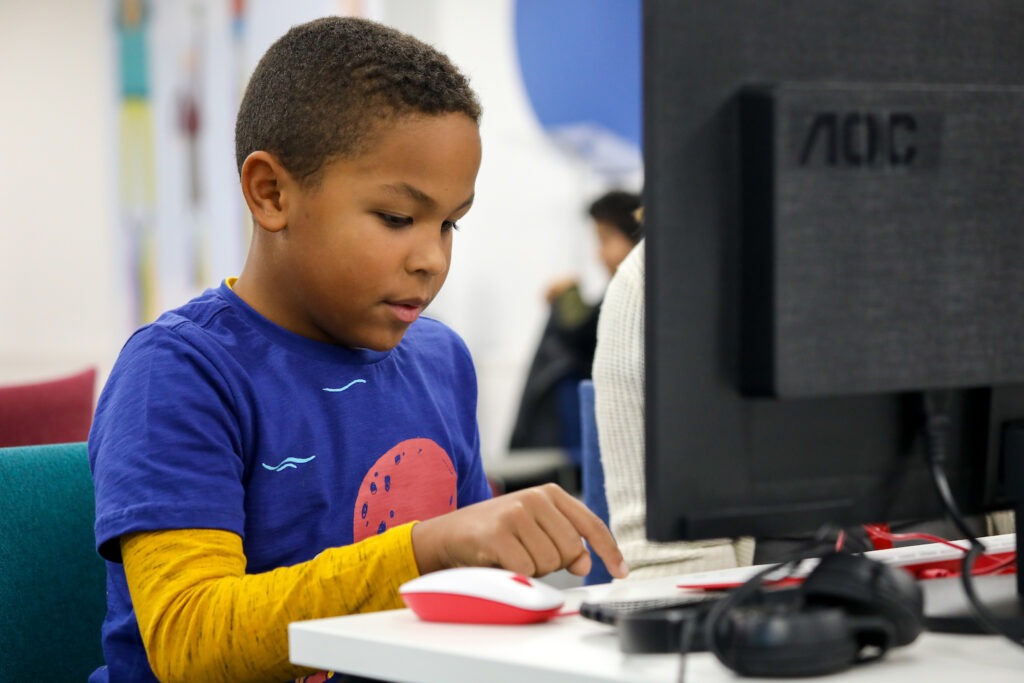
Why It Matters for Africa’s Future
Ultimately, Coding for Kids is more than lesson plans—it’s nation-building. Early coding literacy creates a pipeline of thinkers, builders, and innovators who can develop tech solutions tailored to African contexts—from fintech to health, agriculture to environmental management.
By starting young, we shape mindsets: coding becomes part of self‑identity, career aspiration, and civic engagement. That’s the real promise of the Power of Coding for Kids: Preparing Africa’s Next Tech Leaders.
Join Our Social Media Channels:
WhatsApp: NaijaEyes
Facebook: NaijaEyes
Twitter: NaijaEyes
Instagram: NaijaEyes
TikTok: NaijaEyes


